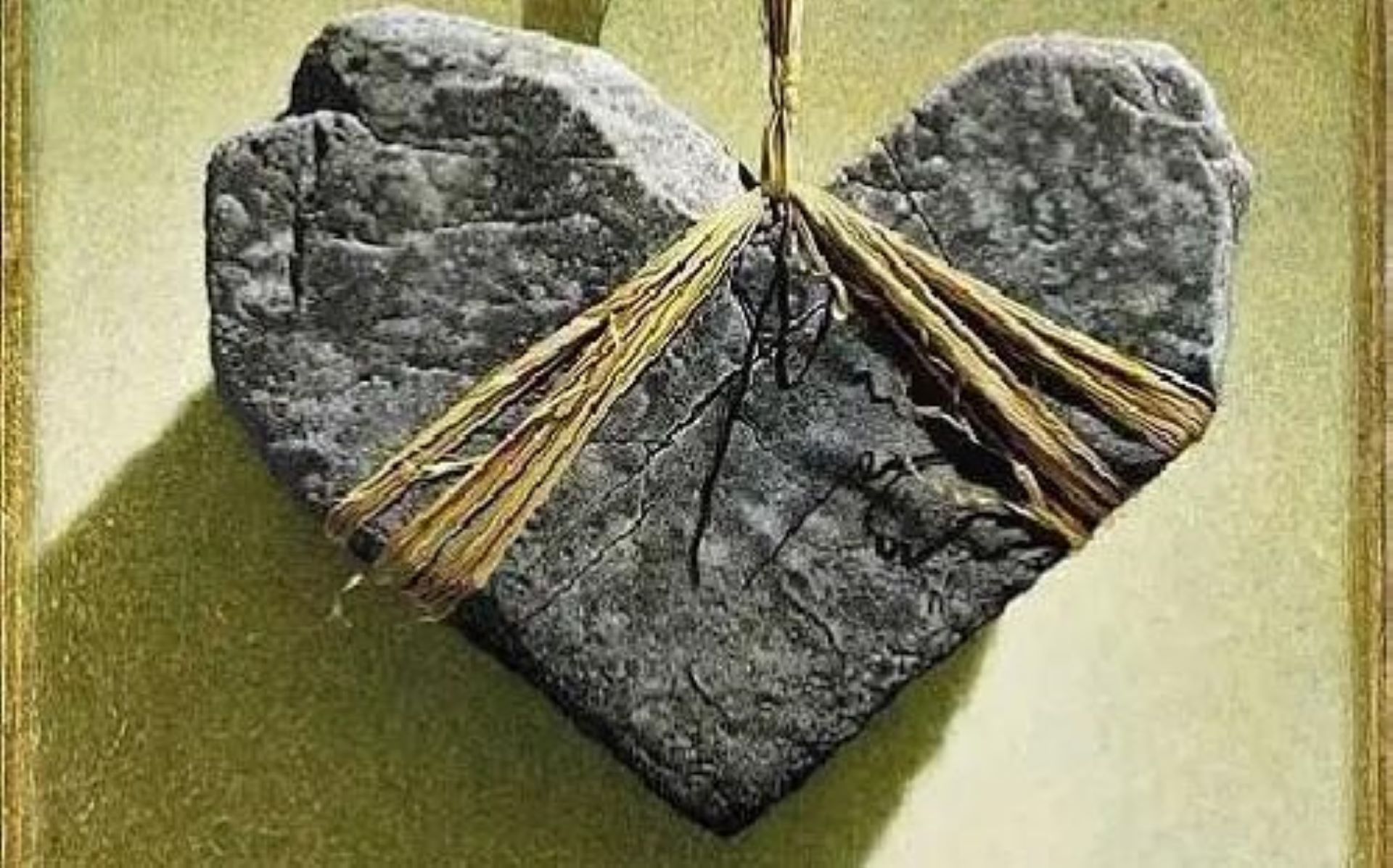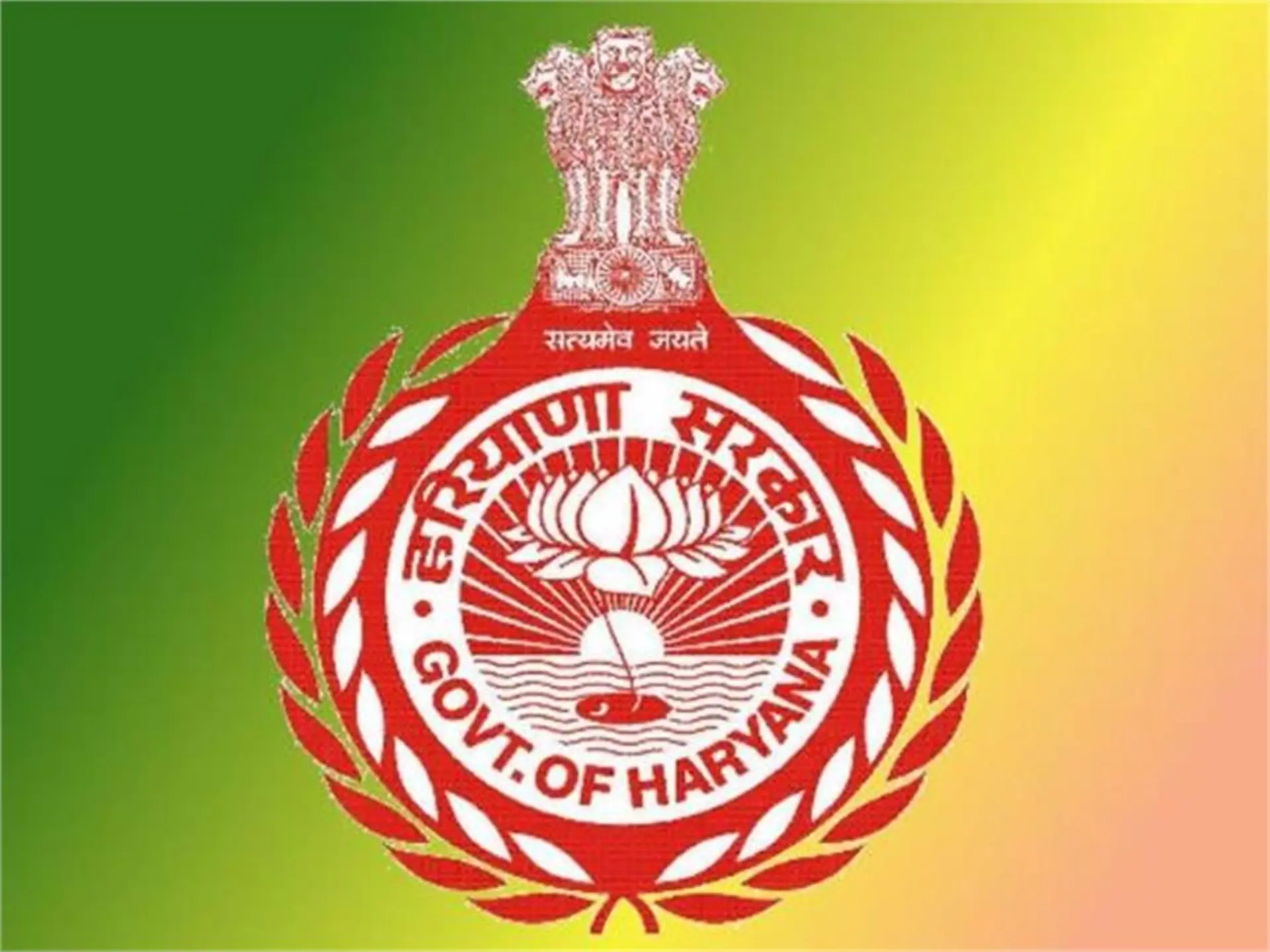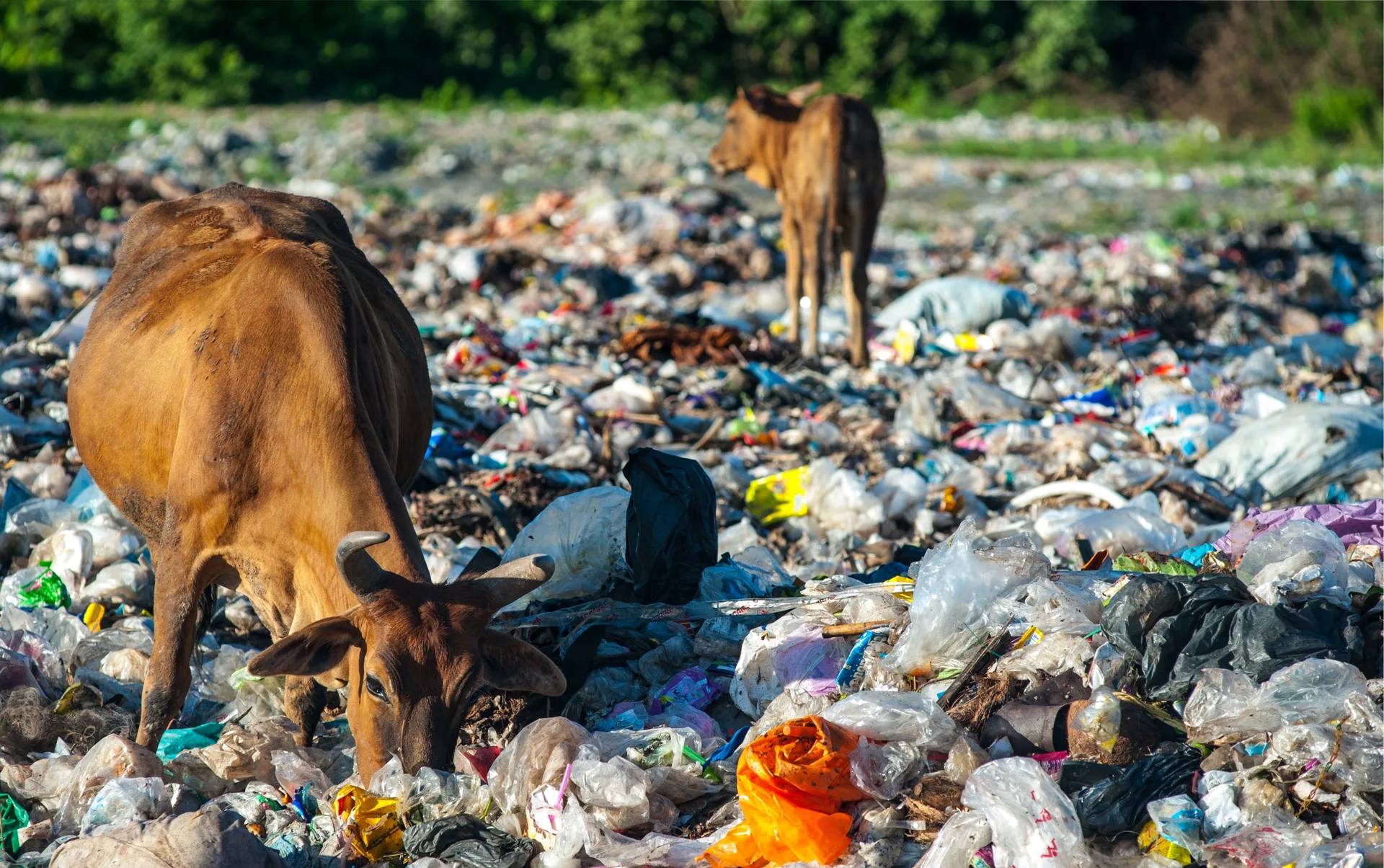
Sitting in my pensive couch, I am suddenly reminded of a famous ghazal sung by Pankaj Udhas :
चिट्ठी आयी है
वतन से चिट्ठी आयी है
बड़े दिनो के बाद
हमवतनों को याद
वतन की मिट्टी आयी है...
These lines come from a man who lives in a distant land,perhaps alone, but who has left his heart behind in his motherland. A lonely heart which languishes in the sweet memory of his family and friends and misses their warm hugs. One who is millions of miles away,but is so emotionally starved that he wants to savour the sweet fragrance of his native place. Is this a craving of a single individual , or is it a representative voice of millions of people who have left their homes long way back ,but the memory of the loved ones clings to them like a sweet- smelling vine?
For centuries humans have been migrating to distant alien lands in search of greener pastures. Leaving their hearths and homes, they travel long distances, sometimes in search for adventure , on others, for refuge, and still other for prosperity. With sturdy legs and buoyant hearts, they climb mountains, cross deserts, and tide over oceans. Their quest raises interesting questions? Is it some kind of escape from the mundane, nay, sordid social, economic or political circumstances in which they are situated? Or is it just the vibrant human soul in search of newness or novelty? The moot question remains. The horizon of the human soul takes wings to scale infinity. It is indecipherable.
But the question rankles the mind. Why should a man-- or a woman, for that matter-- leave the safety and comfort of his home and family and trudge like the sad- hearted Ruth, the biblical character as visualised by John Keats in his ' Ode to a Nightingale : ... when sick for home
She stood in tears amid the alien corn.. on the rocky paths of uncertainty?
An immigrant, as defined by Merriam- Webster dictionary, is "a person who comes to a country to take up permanent residence." Millions of people migrate to other countries in search of prosperity, security, and peace, in that order. Absence of level playing field could be one reason, lack of proper job opportunities could be another.Better living conditions could be still another reason.There can be one more reason. Political persecution .
Hugo Baumgartner, a German Jew, in Anita Desai's novel ‘Baumgartner's Bombay’ flees Hitlar's Germany to dodge persecution and seeks refuge in India. He chooses India as his abode, yet he is ' a perpetual outsider', never accepted by the natives as their own. Ultimately, he seeks refuge into a sub- human realm of cats which give him more affection than he ever got from the human world, before he is murdered by a drug- addict .
Generally speaking, people from poor countries have a natural tendency to move to more affluent regions where a luminous future seemingly awaits them. However, for one gain, they have to lose another. The coziness of family and friends , the joy of conversing in one's own mother tongue, the familiar cultural connect and the sense of " being one of us" is sacrificed on an alien altar. The emotional, societal, and cultural security cover fades in the glitz of dollars, pounds and euros.
Most of these immigrants -- particularly,those who are not professionals -- soon come to realise that ' the rainbow' they had come to grab is a mere mirage and they are in for a life- long struggle for survival and a life of drab loneliness.It is like dropping from the lap of the mother and the motherland to jump willingly into the jaws of a ruthless system where human machines move, to quote Charles Dickens," like a great elephant in a state of melancholy madness" and where smoke from factory chimneys turns into " interminable serpents".
Victim of alien customs, alien life- style, and alien language, they hang "Trishanku"- like.( Trishanku, a King wanted to enter the Swarg with his body. Rishi Vishwamitra propelled him with his yogic powers to Swarg,but he was denied entry, which ended in his hanging between heaven and earth . This is called a Trishanku- like situation. )They want to relinquish the native familiar in preference to the alien new. The results are, generally, disastrous:
न खुदा ही मिला, न विसाल- ए- सनम।
It is , indeed, difficult to discard the language, customs and the cultural heritage which is a part of your DNA , to don an entirely new apparel, even if glittering, thus, causing a rift or split, if you prefer to name it so. The situation is highly perplexing: one can't entirely shed off the past, nor can one embrace the present:
मैं इधर जाऊँ या उधर जाऊँ
बड़ी मुश्किल में हूँ मैं किधर जाऊँ।
This conflict is murderous. This is not a physical phenomenon: it has existential connotations as this situation leads to a state of isolation, particularly, for the more sensitive. This Hamlet- like state leads to a state of isolation , which in turn may turn into a spiritual ennui. Like Meursault in Camus' novel 'The Stranger', he becomes an outsider, totally cut- off from his environment, an alien:
So
Here you are
Too foreign for home
Too foreign for here
Never enough for both
As I understand, with all the glitterati of a foreign land, the support system which one's own home, friends and society so generously provide, one feels secure as it is a kind of emotional umbrella which can possibly save a man from the merciless rains of a foreign land. With his umbilical cord intact, he is safeguarded from unwarranted emotional and material perils.
However, the affluence, the material sparkle of " the foreign” lures us all . We have to make our own choice. It is a game of our mind. Whether it is the material prosperity we choose or an emotional connect, the choice entirely lies with us.
My own first- hand experience with diasporic people leads me to the conclusion that that there are two distinct species: one,which is immersed in ‘earning and spending. Eating, drinking,and making merry is the cardinal principle which governs its life. The second species,on the other hand,is ‘thinking type’. In spite of their chase of the स्वर्ण मृग, they feel a sense of discontent and crave for something higher. For them, besides the juicy boons of the land where they have settled in, hunger for their kith and kin and their is very sharp .
Whether our requirement is a shoulder to lean and weep upon in times of distress, or a stony silence of a cloistered isolation at some stage of life, is a decision each one of us is required to make. One has to decide: and this is a conscious decision.However, as the Urdu poet, Nida Fazli says:
कभी किसी को मुकम्मल जहाँ नहीं मिलता
कभी जमीं तो कभी आसमाँ नहीं मिलता।















